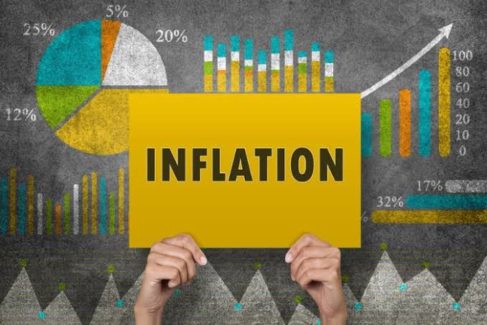Telecommunications operators in Nigeria are gearing up to raise tariffs for voice and data services in response to the prevailing economic conditions in the country.
According to information obtained by Nairametrics, a cost-based study conducted by KPMG, on behalf of the Nigerian Communications Commission (NCC), is nearing completion. The study aims to recommend an appropriate pricing structure for the industry, considering the economic variables of the operating environment.
Officials from various telecom companies, speaking to Nairametrics, expressed their anticipation for the NCC’s decision based on the study’s outcomes. They anticipate that the study will recommend a tariff increase, citing several industry indicators that suggest the need for higher tariffs.
The officials highlighted the necessity of adjusting prices upwards to sustain the telecom business amidst current economic challenges. Factors such as the high cost of diesel and the significant depreciation of the naira against the dollar, which affects equipment imports, have made tariff revisions essential.
An anonymous official from the telecom sector emphasized the critical urgency of the planned price increase. Delaying it further, the official warned, could jeopardize the viability of some telecom businesses.
The official pointed out that with the majority of their costs in dollars and earnings in Naira, sustainability is impossible without a tariff revision. This is especially crucial as equipment importation becomes increasingly costly.
Meanwhile, the Association of Licensed Telecommunications Operators of Nigeria (ALTON) has been advocating for a tariff hike, citing rising operational costs. ALTON Chairman, Engr. Gbenga Adebayo, argued that the tariffs set by the regulator are inadequate in light of escalating operational expenses.
However, price regulation in the telecom sector falls under the purview of the Nigerian Communications Act (NCA) 2003, which empowers the Commission to protect and promote the interests of subscribers. The Commission ensures that price regulation is guided by regular cost-based studies to determine appropriate costs within which service providers can charge subscribers for services rendered.
With double-digit inflation affecting virtually every product in Nigeria and a weaker naira adding to costs, the telecom industry is feeling the pinch. The inflationary pressures underscore the need for tariff adjustments to ensure the sustainability of operations in the sector.











